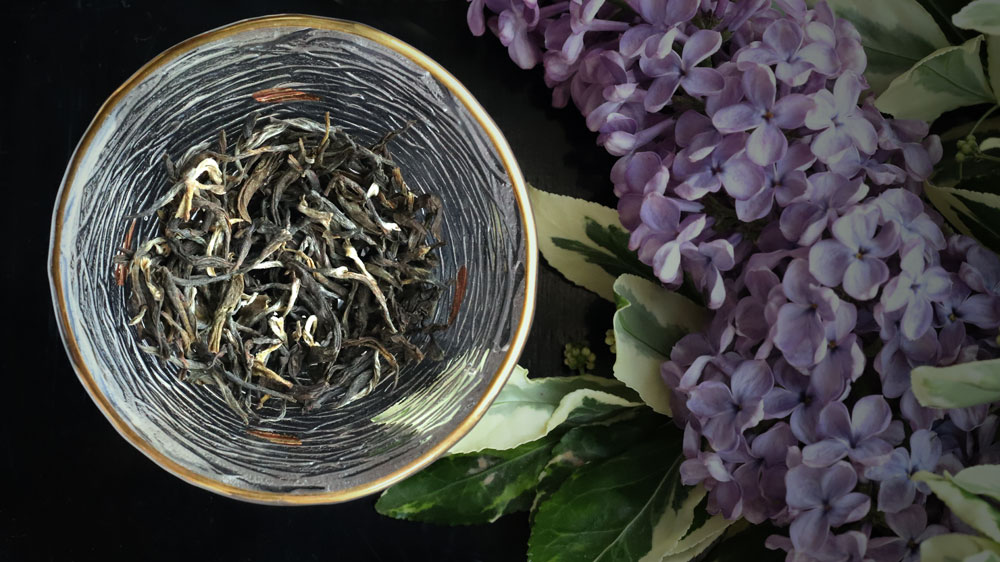Remember the days when you refused to eat home-made dishes from your grandma's garden because they tasted nothing like the burger from the famous shop? Unattractive kale, yucky broccoli and, always boring - spinach? Well, if you belong to a younger generation, you might have never experienced those days. For us that did, organic represents something we took for granted and now yearn for more than ever. Do you know what it takes to become a certified USDA organic tea producer?
 (Source: Tea Chronicles ©)
(Source: Tea Chronicles ©)
Behind the Scenes
Let's face it – we cannot really know where our food is coming from. Beautiful apples, uniformed carrots and good tasting tea. But, what had to be done in order to achieve those shapes, flavors and sizes? Just googling a bit might make you never want to eat anything but organic ever again. Although tea production is still quite a mystery among general tea drinking population, the rules of competition are the same – the more, the better – the sooner the better – and mask all those unattractive natural flavors by as many as possible artificial substances. And we call it a delight.
But, if Chinese people have been drinking tea for thousands of years, why it didn't do them any harm? The answer is simple – just as with any other food, tea wasn't heavily fertilized and intended for mass-market production. Tea or vegetables, organic means safe, and it means going back to times when nature was appreciated and worshiped as a source of our food and life.
Teascrimination
We can easily divide people into two categories. One drink only organic tea, and others don't really care. Although there are some debates whether all organic tea is comparable to non-organic in flavor and quality, with the advance in technology and farming techniques, this debate will soon be forgotten. Organic is expensive, luxury and rare. Will that change?
Certified USDA organic tea
So, what it takes to become a certified USDA organic tea producer? There are few main requirements that farmers need to meet in order to become certified. The whole process takes 3 years. There is no way a farmer can speed up that process. This means no prohibited substances can be used during those three years, and the products growing on that land cannot be called organic yet. This is considered a cleaning phase. Organic needs to be GMO free, pesticides, herbicides and chemicals free. It also needs to be clean of radiation, chemical additives or any other types of synthetic substances used to achieve color, shape, freshness, size or flavor of the final product. The location of the farm also pays an important role. To avoid GMO pollen to mix with organic plants, farmers need to chose adequate distance as well.
Going abroad
Maybe producers outside U.S. are also choosing to rely on USDA certifications. Although some tea farmers can be considered exceptionally lucky if they have access to unpolluted, natural, wild growing tea trees and bushes, most of them will still produce mass-market teas. That's why organic is extremely important. Matcha enhanced with enormous amounts of nitrogen, Assam leaves fertilized with sewage sludge or the beautiful Chinese leaves filled with toxic heavy metals - that doesn't sound attractive, does it? Many producers are well aware of the bad reputation some farmers might have caused them, and do all they can to provide safe, healthy and delicious teas. Of course, this doesn't mean all non-organic teas will be bad or unhealthy, but organic will always provide necessary security and ease of mind when drinking your favorite cup of tea. Do you agree?
Check the selection of organic loose leaf tea in our online tea shop.



Hey,
Amazing blog, very interesting and helpful.
Green tea has always proven to be a very healthy and effective way not only for weight loss but for many other health-related benefits.
You can always have an organic and guilt-free pleasure on
Keep Writing!